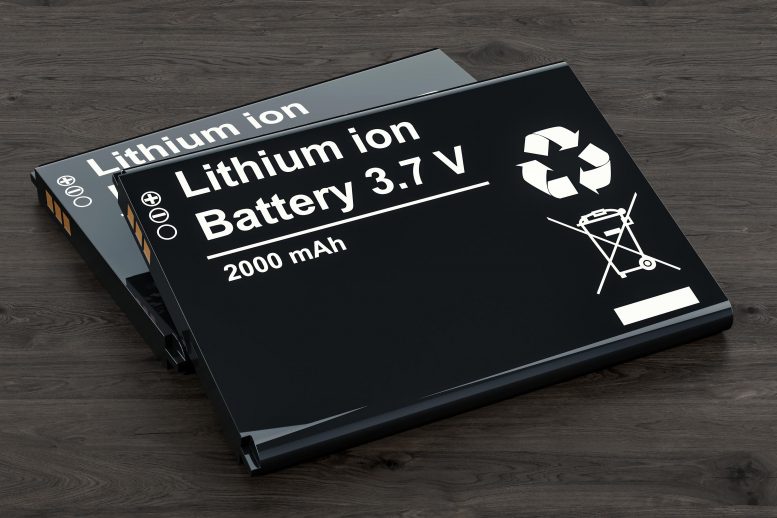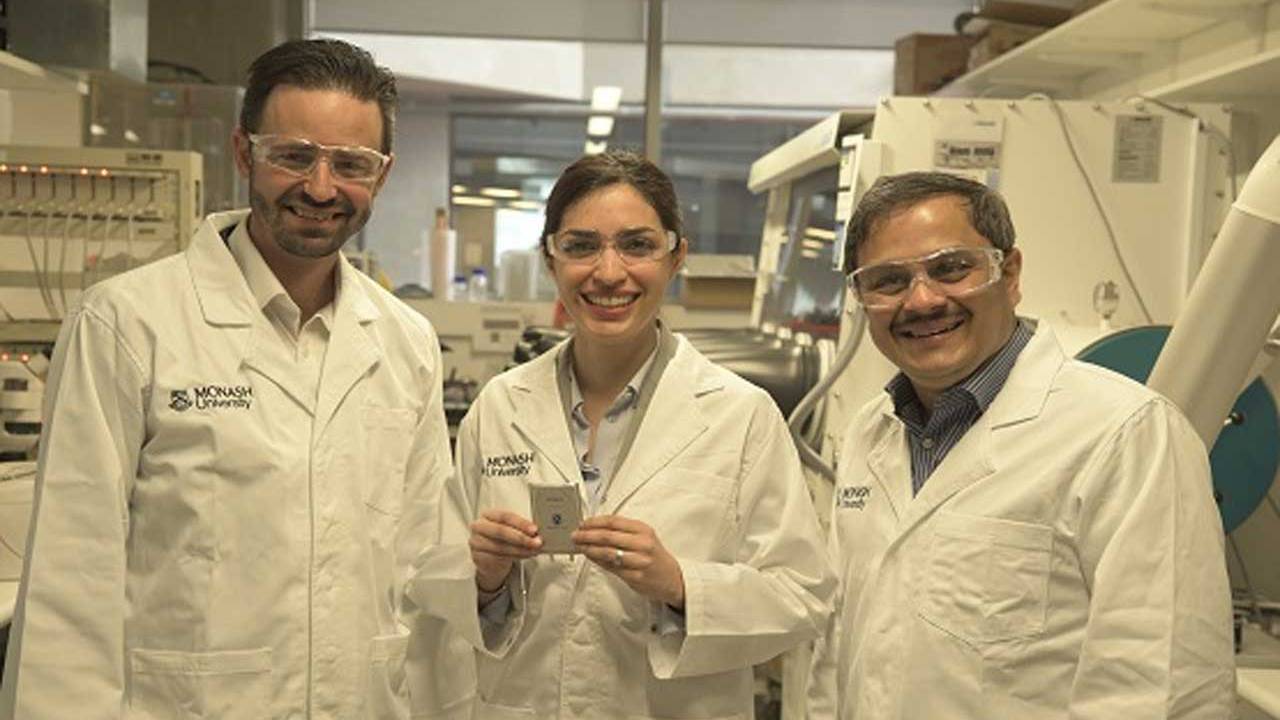
Ltd, which makes lithium batteries for electric cars and other uses, in Nanjing in China's eastern Jiangsu province, March 12, 2021. Since its foundation in 1976, KIMM is contributing to economic growth of the nation by performing R&D on key technologies in machinery and materials, conducting reliability test evaluation, and commercializing the developed products and technologies.FILE - Workers at a factory for Xinwangda Electric Vehicle Battery Co. The Korea Institute of Machinery and Materials (KIMM) is a non-profit government-funded research institute under the Ministry of Science and ICT. 2021M3H4A1A02099352) from the Ministry of Science and ICT, and with the support of the Nano-based Omni-TEX Manufacturing Technology Development Project from KIMM. This research study was carried out with the support of the Nano and Material Technology Development Project (No. He added that the team will continue to make efforts to apply this new technology to electric vehicles and soft robots that require high energy density in high-power environments, as well as to electronic devices such as commercial smartphones and laptops. Principal researcher Seungmin Hyun stated that this achievement is an efficient method to improve the performance and lifespan of batteries by applying a new design to traditional lithium-ion battery materials and processes. This is particularly helpful in improving the performance and lifespan of batteries.

Uniform reaction stability can be achieved while maintaining high energy density throughout the electrode, even if the electrode is thick. However, with the anode structure of this newly developed battery. Specifically, this refers to a mixture of active materials that chemically react to generate electrical energy when a battery is discharged, binders that are added for the structural stabilization of electrodes, and conductive materials that are added to improve electric conductivity. *Slurry: A mixture of solids and liquids. The thicker the electrode, the lower the energy density and uniformity, making it difficult to maintain performance in a high-power environment.


As such, it is the uniformity of the slurry that determines the performance of battery. In general, lithium-ion battery electrodes are manufactured by coating and drying a slurry* so that it can be evenly distributed over the entire electrode. Additionally, the anode is designed with grooves allowing small materials with improved ion conductivity and electrical conductivity to be placed between high-capacity materials In order to develop a design and process technology that maintains high performance and reliability even when the electrode of the lithium-ion battery is thick, the KIMM-SKKU joint research team formed a bilayered anode. *Publication title: Design Strategies toward High-Performance Hybrid Carbon Bilayer Anode for Improved Ion Transport and Reaction Stability (Publication date: 2022.11.10) The results of their research achievement were published in the leading journal Advanced Functional Materials (IF: 19.924)*. Newswise - KIMM has announced the development of the design and process technology for the world's first battery electrode that significantly improves the performance and stability of batteries used in electronic devices such as smartphones, laptops, and electric vehicles.Ī joint research team led by principal researcher Seungmin Hyun of the Department of Nano-Mechanics at the Korea Institute of Machinery and Materials (President Sang-jin Park, hereinafter referred to as KIMM), an institution under the jurisdiction of the Ministry of Science and ICT, and Professor Hoo-jeong Lee of Sungkyunkwan University (President Ji-beom Yoo, hereinafter referred to as SKKU) have developed a new battery technology that uses an electrode (Anode) structure that enhances the reliability and performance of traditional lithium-ion batteries.


 0 kommentar(er)
0 kommentar(er)
